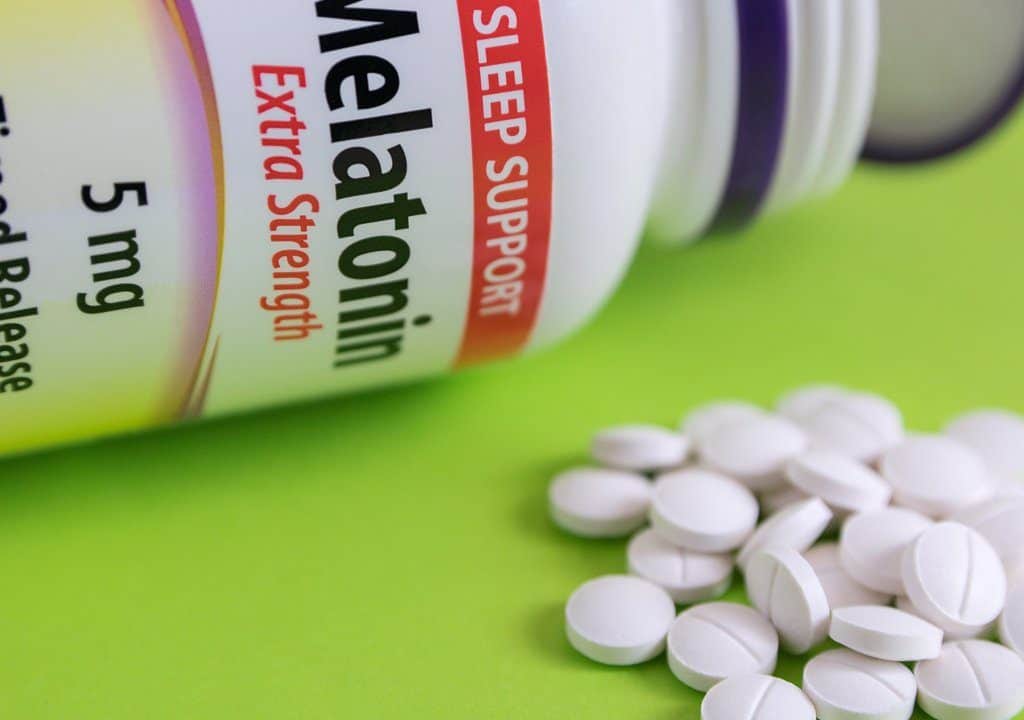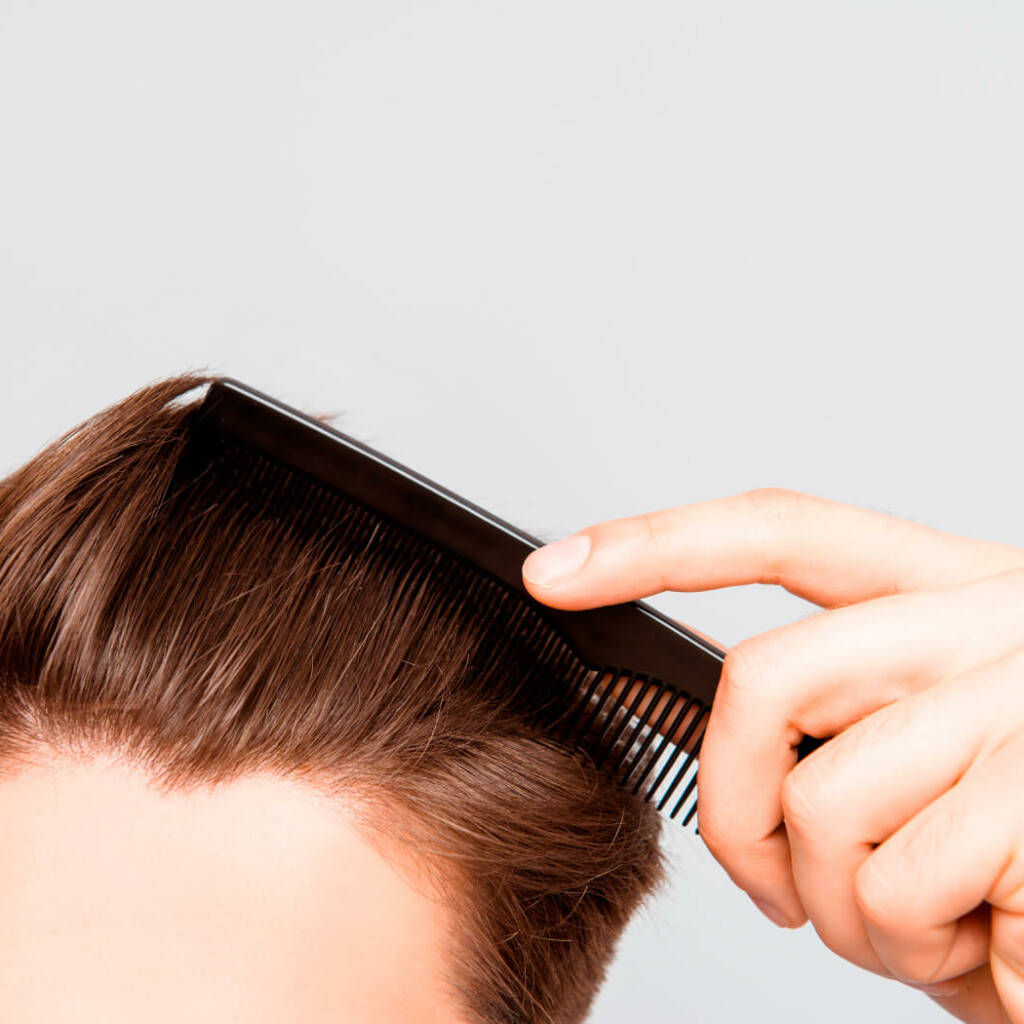Until recently, Melatonin, a natural supplement for improving sleep had not been officially approved by the European Union. It is surprising that this substance was banned for years without scientific justification, considering that between 25 and 40% of the population suffers from sleep disorders.
Melatonin: The natural sleep supplement that took a long time to be approved
Melatonin is a natural and safe alternative to chemical sleep aids such as benzodiazepines which can be harmful. By restricting access to melatonin authorities could face criticism for:
- Exposing millions of people to potentially harmful chemical sleeping pills instead of allowing the use of melatonin, a natural and safe option.
- Aggravate the economic burden on Social Security and favor the pharmaceutical industry since melatonin is cheap and not patented which makes it more affordable than industrial sleeping pills.
- Depriving the population of a natural and harmless substance with multiple health benefits.
Focusing on the positive, melatonin offers numerous benefits being an effective remedy for fighting insomnia and improving the quality of sleep.
Melatonin: The hormone that regulates your sleep and how to protect it in the modern era
The pineal gland, located in the brain plays a crucial role in our sleep-wake cycle. As daylight decreases, this small gland begins to secrete melatonin a natural hormone that prepares us for rest and recovery.
Melatonin, known as the sleep hormone is closely linked to light because of its direct connection to the optic nerves.
It is responsible for regulating our biological clock, commonly known as the circadian rhythm or the wake-sleep cycle. However, visually impaired people often experience sleep disorders due to a lack of stimulation of the pineal gland by light.
Melatonin is found in all living things from animals and plants to bacteria and algae. This ancient molecule has existed since the dawn of life on Earth and has played a vital role in the adaptation of organisms to the day and night cycle, as well as to seasonal changes.
We are currently faced with numerous factors that can decrease or block the production of melatonin.
Electric light, medications and electromagnetic waves are just a few examples of elements present in our modern lives that can interfere with our natural sleep rhythm. For this reason, many people who suffer from insomnia find benefits from supplementing with melatonin before bed to promote restful and quality sleep.
Before we dive into how melatonin can help you improve your sleep, it’s important to understand these “anti-melatonin factors” and learn how to protect your natural production of this essential hormone. Only then can you enjoy nights of restorative and revitalizing sleep.
Do you know how certain drugs affect your melatonin production and sleep?
How certain drugs can affect melatonin production and sleep
Sleeping pills and anti-anxiety drugs prescribed to improve sleep are the scariest. A large part of the population around the world consumes them regularly and this percentage increases with age, especially in older women.
Young people are increasingly consuming them. However, these drugs aren’t the only ones affecting melatonin. Other medications such as aspirin, ibuprofen, beta-blockers, calcium antagonists and nonsteroidal anti-inflammatory drugs do this as well.
In total, 75 drugs containing more than 120 different substances affect the production of melatonin and millions of people around the world consume them on a regular basis.
Beta-blockers, prescribed to treat blood pressure and certain types of heart arrhythmia, are so effective against melatonin that they are used in laboratory animals for experiments.
It is important for people who suffer from insomnia to know the effects that drugs can have on their production of melatonin and consequently, on their sleep.
Before taking any medication, it is recommended to talk to a doctor and consider non-pharmacological alternatives to improve sleep such as meditation, relaxation and sleep hygiene.
Electromagnetic fields and sleep: How exposure affects your production of melatonin
How electromagnetic fields affect melatonin Production and Sleep
Technological advances have brought us comforts and conveniences but they have also brought an invisible but significant effect on our health: electromagnetic fields.
These waves that constantly surround us, coming from mobile phones, radios, signal repeaters and electrical devices have a direct impact on the production of melatonin, the hormone that regulates our sleep.
Studies reveal that applying a magnetic field to the head of a rodent not only reduces its melatonin index by almost 50% but it also creates dysfunctions in the pineal gland which is responsible for secreting this important hormone.
This electromagnetic pollution may partly explain why sleep disorders such as insomnia have become a constantly increasing epidemic in industrialized countries.
It is important to become aware of this reality and look for ways to minimize our exposure to electromagnetic fields, especially during the hours close to sleep.
Turning off electronic devices before bed, moving mobile phones away from the nightstand and creating an interference-free environment can help improve the quality of sleep.
Melatonin: Who can benefit from its use and for what situations is it recommended?
Who can benefit from Melatonin and for what?
Melatonin can be of great help especially if you are in any of the following situations:
- You have a habit of going to bed late and waking up early.
- You wake up frequently during the night and experience daytime sleepiness or take naps during the day.
- Difficulties falling asleep
- You work rotating shifts as nurses or pilots.
Taking a melatonin supplement does not affect the natural secretion of the pineal gland in the short, medium or long term. In addition, its consumption does not create dependence or habit, unlike sleeping pills and anxiolytics.
A key benefit of melatonin is that it doesn’t affect memory or cognitive functions which sets it apart from other sleep medications.
Melatonin is especially effective in people over 45 years of age who experience poor quality sleep and wake up frequently.
Melatonin against jet lag: how to adapt to local time faster
Melatonin: Your ally against jet lag and jet lag
Jet lag, commonly known as “jet lag” can be a challenge for those who travel long distances and experience significant changes in time zones. However, numerous studies have shown that melatonin can significantly alleviate associated symptoms.
This hormone not only makes it easier to fall asleep more quickly but it also helps to adjust the biological rhythm to the local time. By regulating our internal clock, melatonin halves the usual duration of jet lag.
This is why many pilots and flight attendants who face long flights, especially those with significant time zone changes have adopted melatonin as an indispensable ally in their routine.
Thanks to their regular use, they are able to adapt more quickly to new schedules and minimize the effects of jet lag.
Adequate dose of melatonin: the key to a restful and safe sleep
The right dose of melatonin: discover the key to restful sleep
When it comes to taking melatonin, less is more. Studies have shown that a small dose of 0.3 mg per day is more effective than a larger dose. The idea is to take it half an hour before going to bed.
If the dose of 2 mg per day is exceeded the effect on sleep may decrease and even cause drowsiness the next day.
As for the safety of this supplement, the authorities consider it to be very safe. Since May 16, 2012, companies that sell melatonin have been authorized to indicate on the packaging their ability to “alleviate the effects of jet lag” and “help you fall asleep” (Commission Regulation (EU) No. 432/2012).
This recognition by the authorities is significant since getting Brussels to approve declarations of therapeutic properties in natural products without a prescription is not an easy task.
However, it’s important to note that if you have cancer or epilepsy, you should never take melatonin without medical supervision. If you want to take advantage of the benefits of melatonin while undergoing chemotherapy do so only with the approval of your doctor.
Melatonin without a prescription: an accessible ally for your sleep
Today, melatonin has become a widely available resource without the need for a doctor’s prescription. Its presence has spread through the Internet, pharmacies and even large stores.
It is important to note that, despite the information that can be found online the melatonin that is marketed is of plant origin.
This easy access to melatonin has given many people the opportunity to enjoy its benefits in improving sleep quality and regulating the circadian rhythm. However, it is essential to remember that even if it is available without a prescription, it is advisable to consult a health professional before starting its use, especially if you have pre-existing medical conditions or are taking any other medication.




